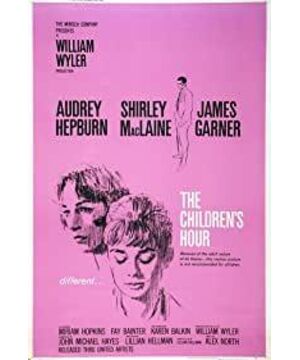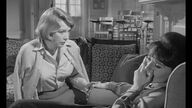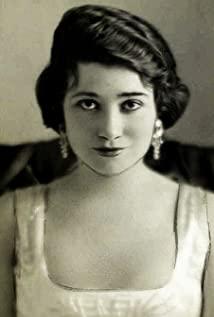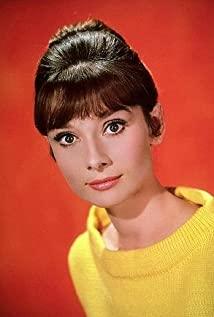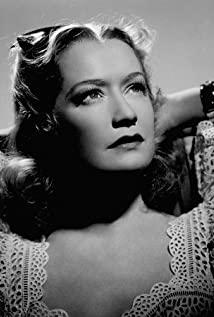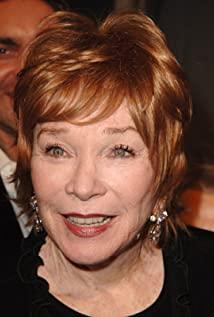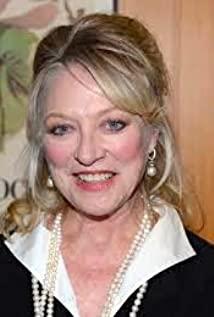In 1999, Audrey Hepburn was named by the American Film Institute as "the greatest actress of the century" No. 3, second only to Katharine Hepburn and Bette Davis, from the 1953 title of "Roman Holiday" "Beginning, she has created many beautiful and innocent, or smart, or stylish and elegant female characters in her life, which are deeply rooted in the hearts of the people.
In 1961, "Roman Holiday" director William Wheeler once again invited Audrey Hepburn to star in "The Two Sisters" . This film is her only gay-themed work and has a pioneering role in the early 1960s when the hippie movement had not yet emerged. significance.
The plot of "Double Grudges" can be summarized as follows: Karen and Martha , two principals of a girls' boarding school, were maliciously slandered as gay by student Mary. Parents and their children dropped out one after another. Sa discovers that she really likes Karen and confesses her guilt to commit suicide.
The little girl Mary is just a little devil. She picked up a bunch of flowers by the trash can, turned her head and gave them to Aunt Lily, saying that she picked them on the roadside. After being exposed and criticized by Karen, she pretended to faint, and when Dr. Cardin came, she also refuse to wake up. In order to avoid going to school, on the way her grandmother took her back to school, Mary talked about the "irregular relationship" between the two principals.
She also caught her classmates for stealing and coerced the latter to lie for her. Even if the truth was finally revealed, she still insisted that it was someone else's fault. This kind of arrogant, arrogant, and liar-like playful child has several faces, which makes people look funny and hateful, and want to beat her.
Like "Hunting", "Double Resentment" shows how children's evil fermented into the public opinion violence of adults. Grandma Mary listened to her granddaughter's words and took it seriously, and came to Aunt Lily to inquire about the situation. Sa fired, full of resentment and nowhere to vent, she complained about Massa's eccentric character, the speaker was unintentional, the listener was intentional, and Grandma Mary was even more convinced of the rumors.
The ingenious thing about this plot is that the chickens and ducks tell the same thing. The root cause may be the hostility in the depths of human nature, the prejudice against two unmarried girls running a school, so when Grandma Mary decided to tell the news to other parents, she was pregnant. With the deep anxiety of the righteous.
The protagonists of the film Karen and Martha are college classmates who run the boarding school together. Karen is about to marry Dr. Cardin, and Martha is single. She is a little uncomfortable and jealous, but she doesn't know what it is. Jealous of Karen or Karen, it was not until rumors of the same sex spread that she found out that she had always been in love with Karen, so she had a reasonable explanation for her awkward personality and behavior since she was a child.
The confession at the end can be said to be a classic scene of a curved girl confessing to a straight girl . Two people in a depressed mood were sitting in the living room, and Martha cried and said the paragraph "I want you to touch me, I can't help but let you look at me... "…", excited, trembling all over, covering her face in shame, both the courage to give up, the desperation of not being answered, and the guilt and self-doubt of being gay, she stared at Karen away The back of the film is full of nostalgia and determination of the dying person, and Shirley MacLaine , who plays the role of Massa, reflects the tragic character of this role with her superb acting skills.
In contrast, Audrey Hepburn's opponents are not so good, her dignified and elegant face does not have the complex psychological changes after her straight daughter was confessed by her best friend, such as upset or disbelieving expressions, Shirley's many times Eye contact, emotional ups and downs, she didn't catch it. But her solo scenes are still brilliant, especially the scene where she leaves the cemetery through the crowd with her head held high.
Although it is a tragedy, "Double Sisters" is full of humor, and is good at discovering the strong drama and irony in the characters. The beginning and end of the confession, the three-stage structure is extremely neat, leaving a touch of sadness and reflection.
View more about The Children's Hour reviews


